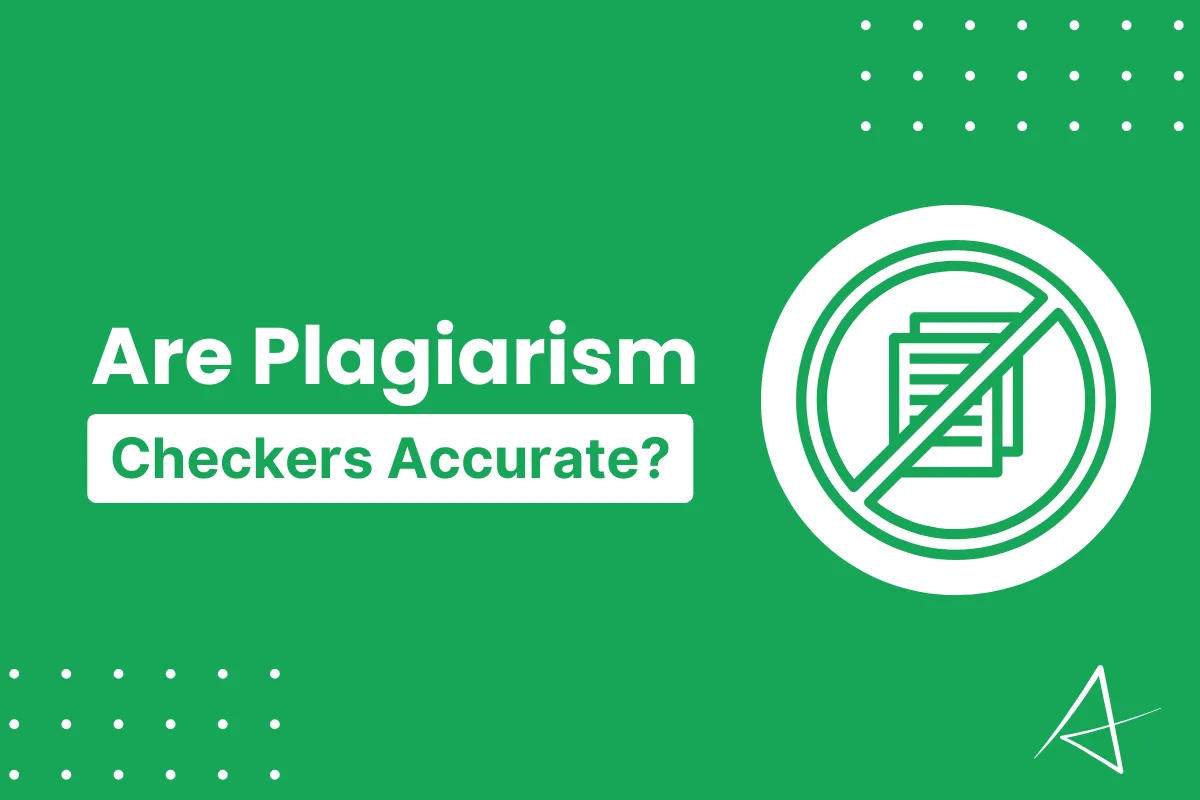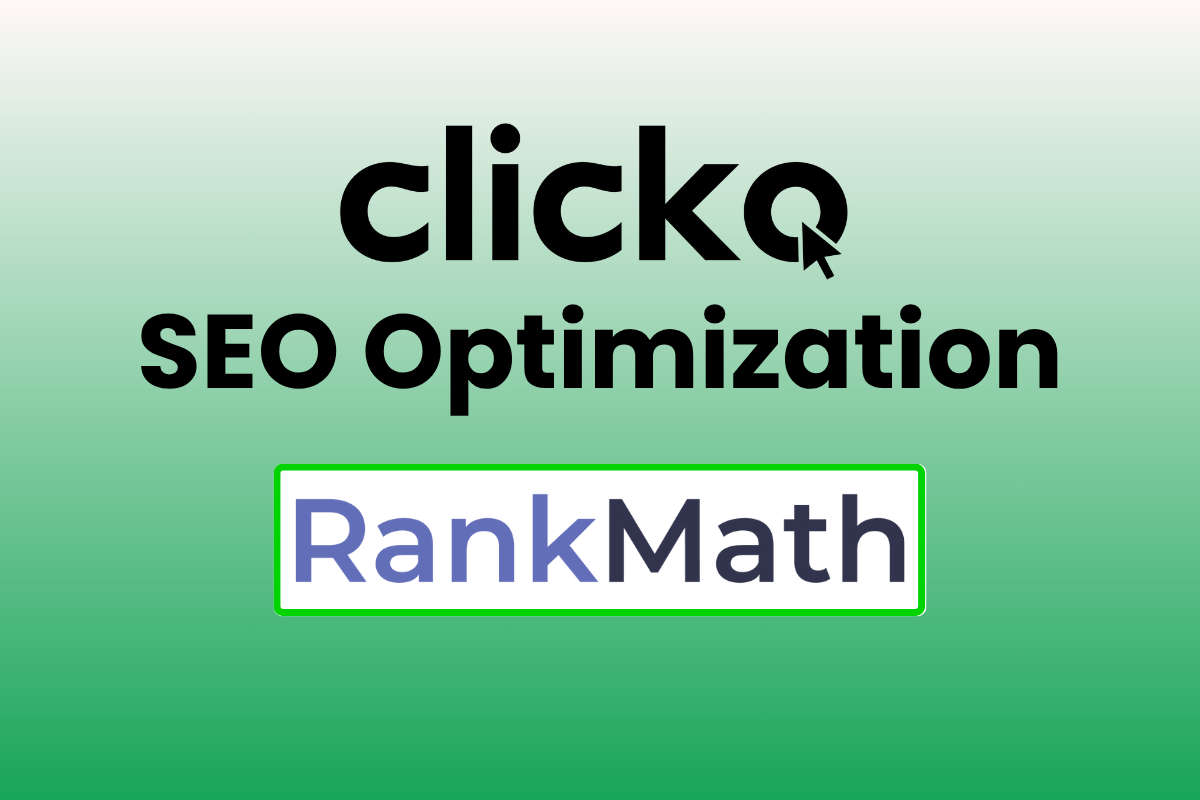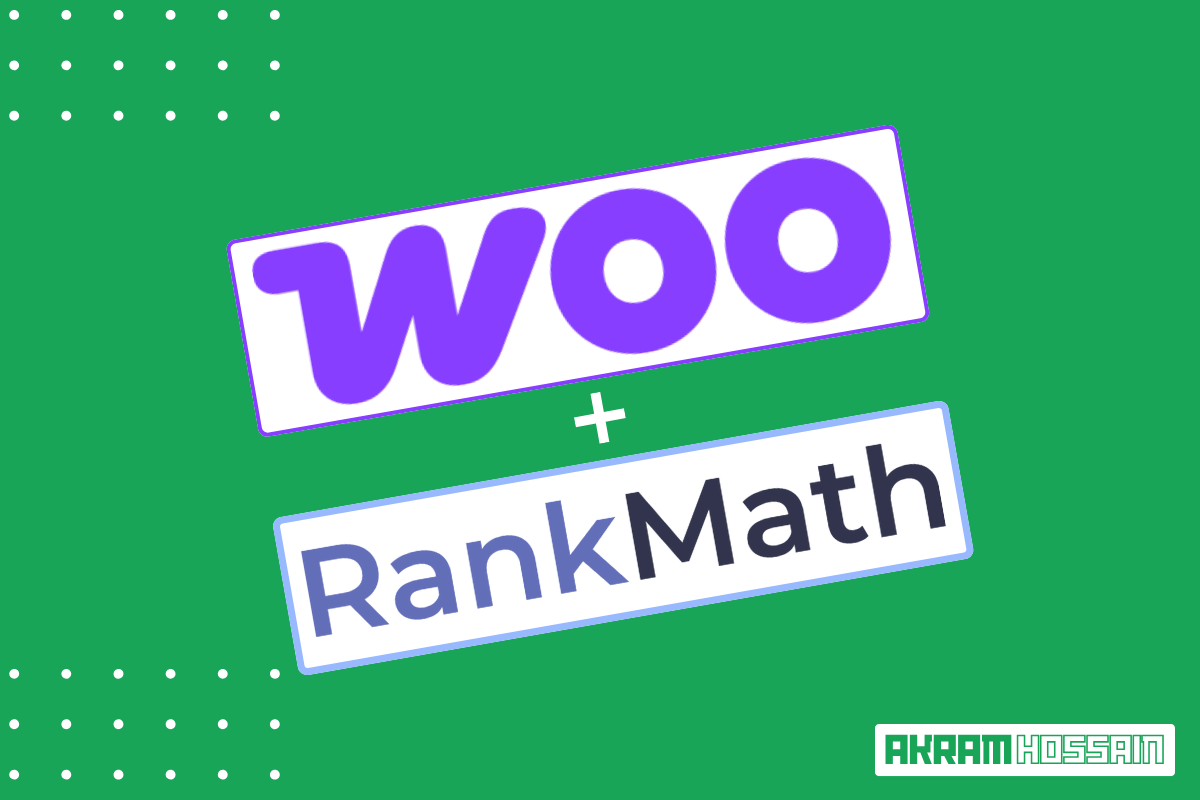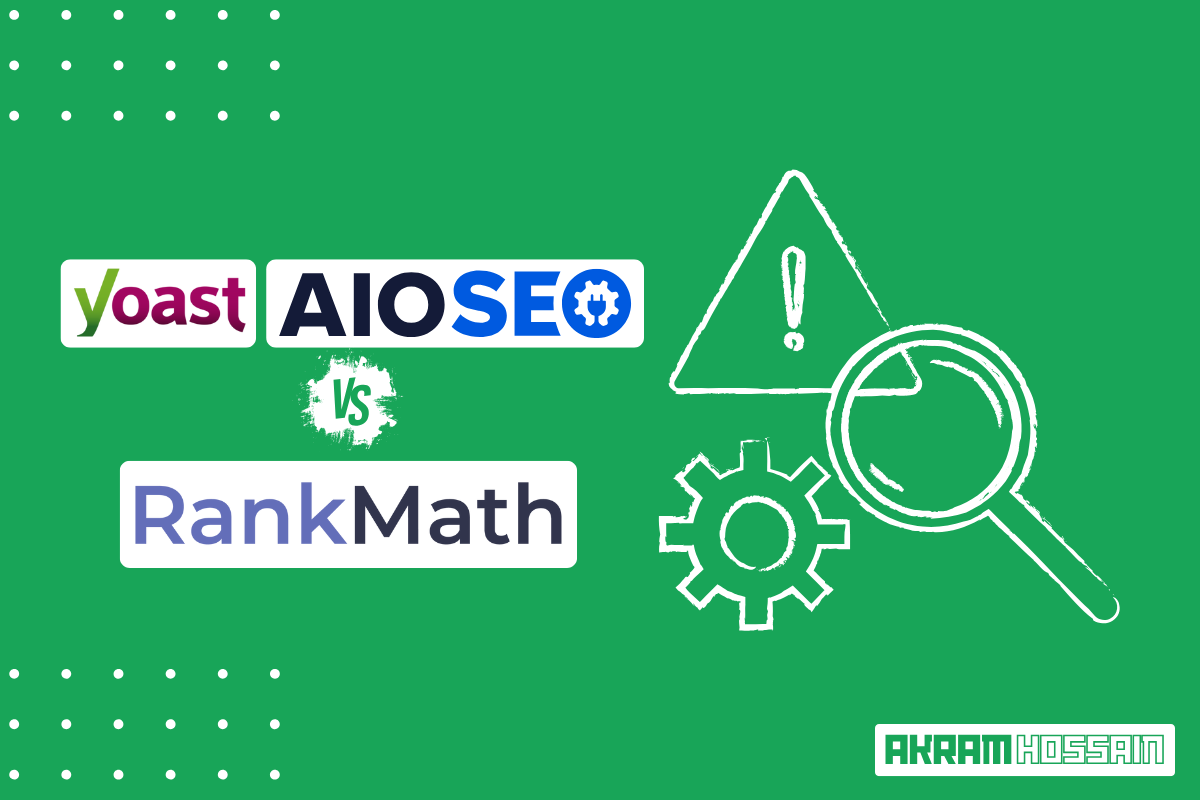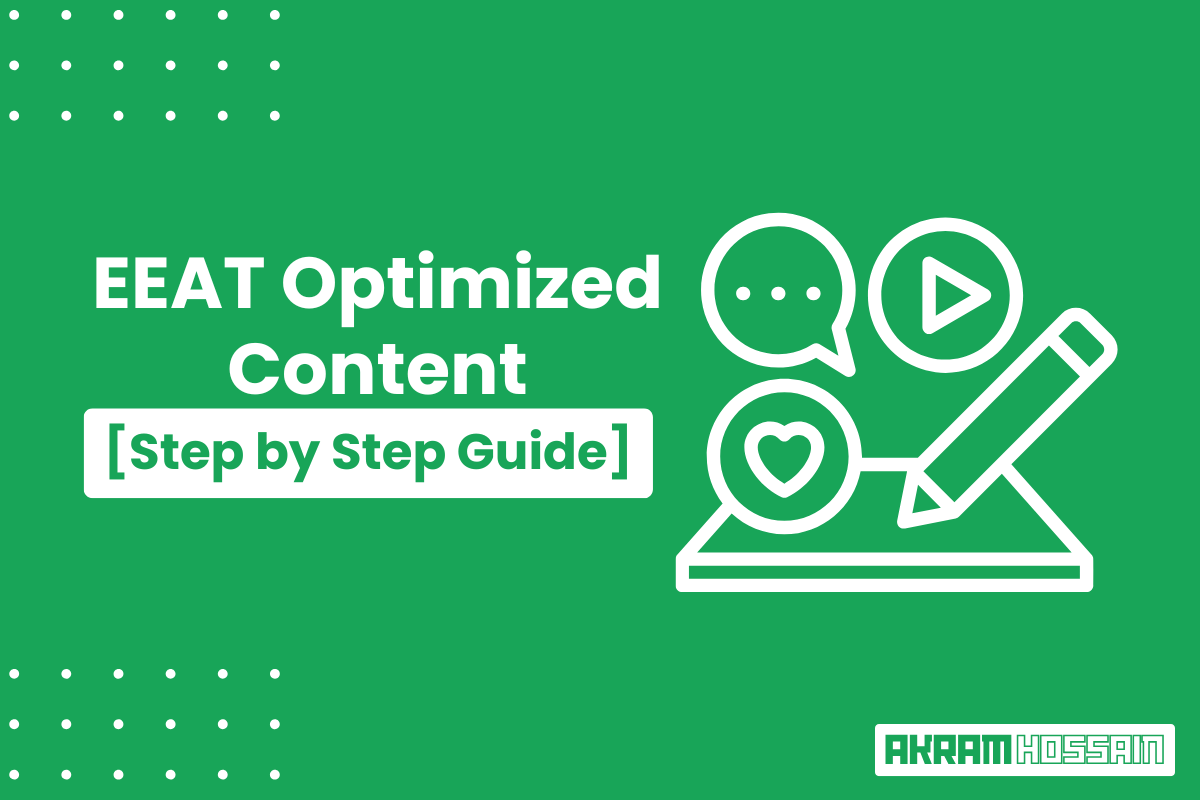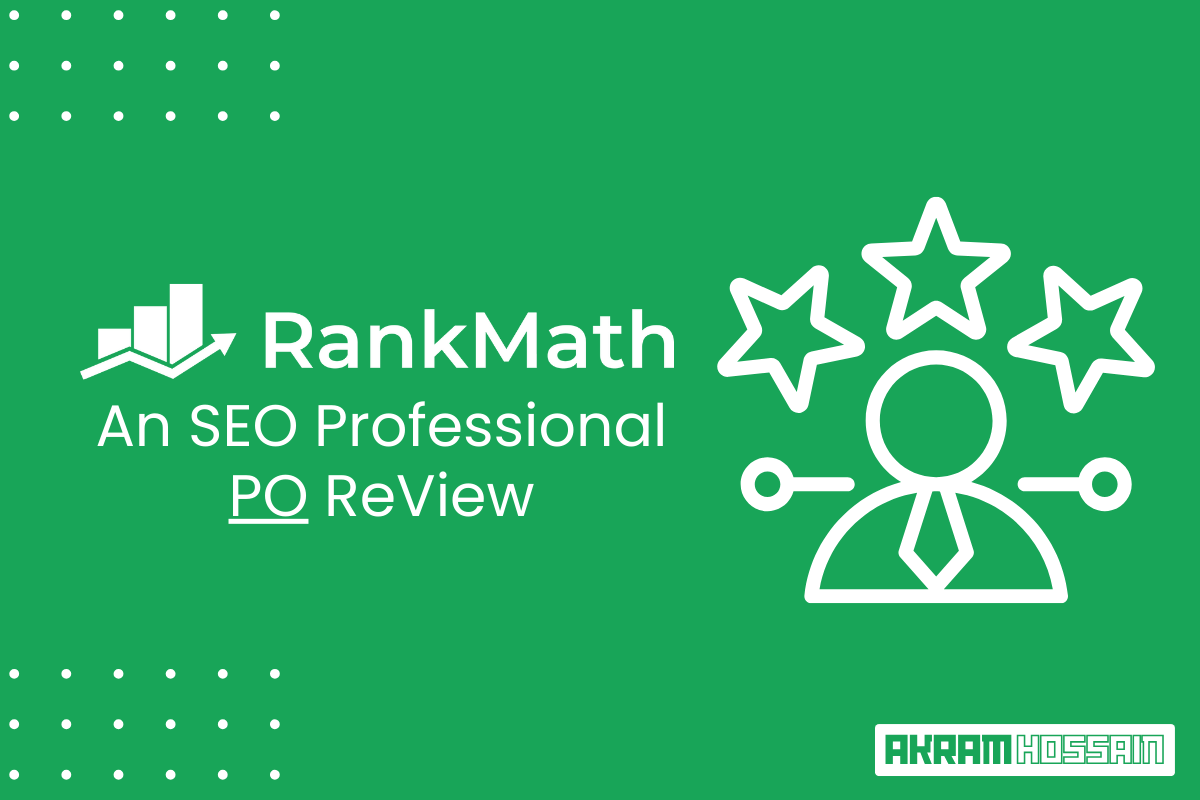We all know copying someone else’s content is a big no-no. But with so much online information, how do we ensure our writing is truly original?
That’s where plagiarism checkers come in – these digital detectives promise to sniff out copied content.
But are they really the heroes of originality, or do they miss the mark sometimes?
Let’s crack the case of plagiarism checkers and see if they’re the guardians of our words or just overzealous copycats.
It happens especially when someone writes blog content online. For offline content, you may patten the copyright. However, online blog content is where you can find plagiarised content.
I’ll explore how they work, what they can and can’t catch, and how to use them wisely to avoid accidental plagiarism and keep your writing sparkling with originality.
Also, I’ll equip you with the knowledge to navigate the world of plagiarism like a pro, ensuring your words are always your own.
No more panic-stricken searches for “Is this plagiarism?” just clear, confident writing that shines with authenticity.
What is the Definition of Plagiarism?
Plagiarism is defined as copying and sharing with the public without crediting the main author. When you own any content, topic, words, ideas, and items copied by others, it’s essentially literary theft, undermining originality and academic integrity.
Plagiarism Checker Accuracy [Explained]
While plagiarism checkers have become indispensable tools in safeguarding academic integrity and promoting originality, their effectiveness is not without nuance.
Numerous factors influence the accuracy of these digital sentinels, making it crucial to understand their strengths and limitations before relying solely on their verdict.
Algorithmic Capabilities
- Text Matching: The workhorse of plagiarism detection, text matching shines when it comes to identifying verbatim copying. However, its reliance on direct comparisons can lead to false positives when faced with paraphrases, synonyms, or rephrased concepts.
Imagine accusing a writer of plagiarism for using a common idiom like “a penny saved is a penny earned.“ - Semantic Analysis: Delving deeper into the meaning behind words, semantic analysis tackles paraphrases and rephrases with more remarkable finesse. However, its reliance on complex linguistic models can lead to misinterpretations, particularly with highly technical or domain-specific content.
Think of it as deciphering a Shakespearean sonnet – the nuances of language can become a treacherous maze for even the most sophisticated algorithms. - Citation Detection: Often overlooked, citation detection plays a vital role in ensuring proper attribution and academic honesty. While it excels in identifying explicit citations, its effectiveness diminishes with non-standard referencing styles or cleverly disguised citations.
Database Size and Scope
- Just as a detective’s network influences their success, the size and scope of a plagiarism checker’s database determine its reach. Extensive databases encompassing academic journals, websites, and diverse publications offer a wider net for catching plagiarism.
- The origin of the database also plays a crucial role. Open-access databases, while vast, might contain unreliable or outdated information, compromising the accuracy of the analysis.
Text Complexity and Originality
Highly stylized writing, dense academic jargon, and creative rewrites can become the chameleon of plagiarism, eluding even the most advanced algorithms.
Imagine trying to identify a plagiarized poem amidst a collection of modernist poetry – the intricate wordplay and ambiguous language can obfuscate the true origin of ideas.
- Originality, the essence of intellectual contribution, presents a unique challenge. A writer who reinterprets a familiar concept or builds upon existing knowledge may be flagged for plagiarism, even if their work is original. It’s akin to accusing an artist of copying because they painted a similar sunset to another artist.
By understanding these factors, we can approach plagiarism detection with a nuanced perspective, recognizing the limitations of these tools and utilizing them as valuable aids in our pursuit of academic integrity and original thought.
The following section will delve into the advantages and disadvantages of relying on plagiarism checkers, providing insights into choosing the right tool for your needs.
Remember, while these digital detectives can be powerful allies, they are not infallible, and critical thinking remains the cornerstone of responsible writing practices.
Guardians of Originality or False for Plagiarism Checkers
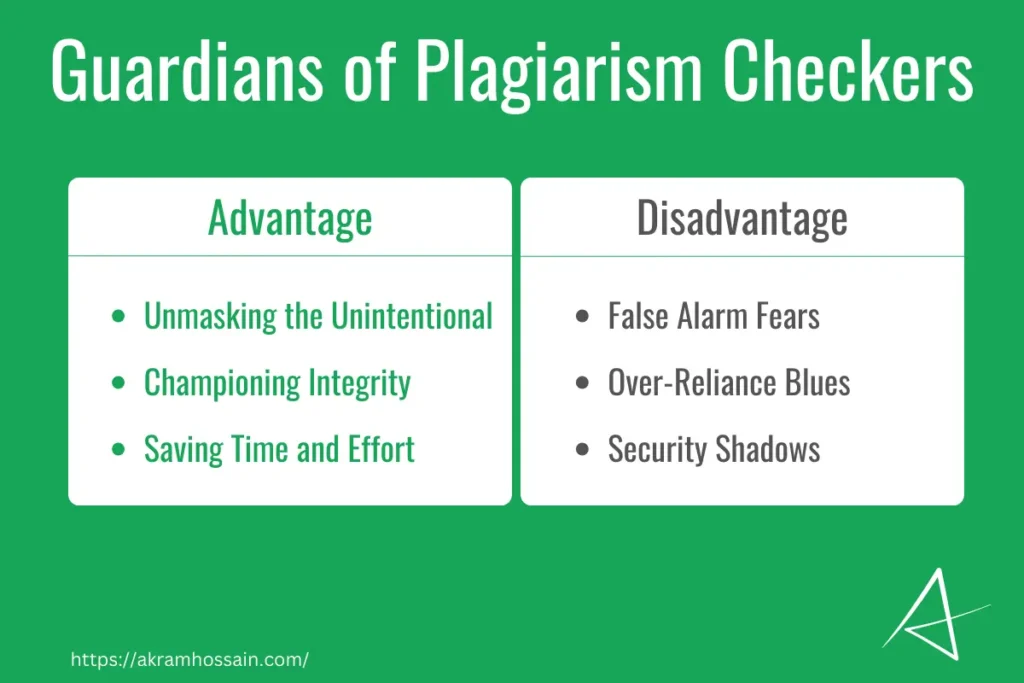
Plagiarism checkers are the digital watchdogs of the academic world, sniffing out stolen sentences and safeguarding originality. But just like any good watchdog, they have their strengths and weaknesses.
It’s time to unleash the leash and explore the advantages and disadvantages of relying on these digital sleuths.
Advantages
- Unmasking the Unintentional: We all fall prey to unintentional plagiarism at times. Whether it’s a forgotten citation or a subconscious echo of someone else’s words, plagiarism checkers can bring these hidden missteps to light, allowing us to course-correct before it’s too late.
- Championing Integrity: By highlighting areas of potential plagiarism, checkers nudge us towards a culture of academic honesty. They encourage students and professionals alike to prioritize ethical writing practices and respect intellectual property. Imagine them as ethical alarm clocks, jolting us awake to the importance of originality.
- Saving Time and Effort: Gone are the days of manually scouring the internet for potential plagiarism matches. These digital detectives work at lightning speed, scanning vast databases and providing instant reports, freeing up our valuable time for higher-level thinking and crafting. Picture them as research assistants on steroids, sifting through mountains of information with superhuman efficiency.
Disadvantages
- False Alarm Fears: Like an overzealous watchdog, plagiarism checkers can sometimes sound the alarm over innocent phrases or common idioms. This can lead to unnecessary anxiety and revision fatigue, potentially hindering the creative flow.
- Over-Reliance Blues: Blindly trusting checkers can lull us into a false sense of security. More reliance on these tools can strengthen our critical thinking skills and our ability to analyze sources and properly attribute ideas. Think of them as training wheels for academic integrity – valuable for learning, but eventually, we must ride on our own.
- Security Shadows: Not all plagiarism checkers are created equal. Some raise concerns about data privacy and security, making choosing reputable tools with transparent policies crucial.
Considering these advantages and disadvantages, it’s crucial to approach plagiarism checkers with discernment.
Choose tools with algorithms suited to your needs, databases relevant to your field, and a strong reputation for data security.
Remember, they are partners in your quest for originality, not substitutes for critical thinking and ethical writing practices.
How to Choose the Right Plagiarism Checker
Enter the realm of plagiarism checkers – digital sentinels promising to safeguard your work against unintentional or malicious plagiarism.
In the contemporary academic landscape, maintaining originality is paramount. Yet, navigating the intricate web of referencing and attribution can be daunting.
Essential Factors to Consider
- Algorithmic Prowess and Database Depth: Delve into the checker’s technological underpinnings. It employs text matching, semantic analysis, or a hybrid approach.
- User-Friendliness and Workflow Efficiency: Time is precious, and the chosen tool should be an intuitive ally, not a frustrating obstacle. Prioritize a user interface that facilitates seamless document upload, flexible analysis options, and readily understandable reports.
- Cost-Effectiveness and Feature Suitability: Evaluate the financial implications. Are there free, subscription-based, or tiered pricing models available? Choose a plan that aligns with your budget and offers features relevant to your needs.
- Reputation and Security: Trust is paramount. Opt for a checker with a proven accuracy, data privacy, and security track record. Look for transparent policies regarding data handling and user anonymity.
Remember, entrusting your work to a dubious tool is a gamble, not a safeguard.
Recommendations
- Students and Early-Career Professionals: Consider user-friendly, budget-conscious options like Grammarly’s plagiarism checker (basic features) or Quetext (citation generator). These tools offer essential plagiarism detection and are ideal for catching unintentional borrowing.
- Established Researchers and Academic Authors: Tools like Turnitin or Copyleaks (subscription-based) provide in-depth analysis, comprehensive databases, and advanced features like similarity reports and source identification.
They cater to complex research papers, doctoral dissertations, and other specialized publications. - Cost-Conscious Users and Occasional Writers: Explore open-source options like PlagiarismSearch or DupliChecker. While limitations exist compared to paid tools, they can provide basic plagiarism detection for short documents or casual use.
Even the most sophisticated tool is merely a supplement. Cultivate critical thinking, diligent referencing practices, and thorough source analysis as the cornerstones of academic integrity.
Don’t become overly reliant on automated pronouncements.
Beyond Plagiarism Checkers That Should Know
While plagiarism checkers offer valuable assistance in safeguarding originality, relying solely on these digital tools can limit your potential and hinder the development of essential academic skills.
A proactive approach to academic integrity is paramount to truly thrive in the digital age and stand out as a scholar or professional. It requires cultivating a deep understanding of ethical writing practices, mastering key citation techniques, and embracing alternative strategies that foster critical thinking and independent thought.
Developing Robust Citation Skills
- Master the Nuances: Invest time in thoroughly understanding the intricacies of your chosen citation style, be it APA (American Psychological Association), MLA (The Modern Language Association), Chicago, or any other field-specific standard.
Consider utilizing citation management tools like Zotero or Mendeley to streamline the process and ensure accuracy. - Move Beyond the Mechanics: Don’t simply view citations as technical formalities. Understand their purpose in acknowledging intellectual property, building knowledge upon existing research, and ensuring transparency in your work.
Embracing Critical Thinking and Original Expression
- Sharpen Your Paraphrasing and Summarizing Skills: Learn to rephrase information in your own words, capturing the essence of the source while adding your unique perspective. Practice summarizing complex concepts concisely and clearly, demonstrating your understanding without simply copying.
- Engage in Active Analysis: Don’t be a passive reader. Critically evaluate your sources, question their claims, and analyze their arguments.
- Cultivate a Scholarly Voice: Through consistent practice and self-reflection, hone your writing style and develop a distinct voice that reflects your unique perspective and intellectual contributions.
Fostering a Culture of Integrity
- Start Early: Begin instilling the importance of academic honesty and ethical writing practices from the outset. Whether working with students, colleagues, or collaborators, foster open discussions about plagiarism and encourage transparency in research and writing.
- Promote Open Communication: Create a safe space for individuals to ask questions, seek guidance, and discuss challenges related to academic integrity. Open communication can help prevent unintentional plagiarism and cultivate a culture of mutual respect and collaboration.
- Celebrate and Reward Originality: Recognize and reward instances of original thought, insightful analysis, and creative scholarship. This positive reinforcement motivates individuals to strive for originality and encourages pursuing knowledge beyond simply replicating existing work.
Beyond the Plagiarism Checker Tools
While plagiarism prevention software can offer valuable insights, it should not be considered a substitute for critical thinking and ethical writing practices.
Utilize online tutorials, workshops, and academic support services to deepen your understanding of plagiarism and learn to navigate the complexities of citation styles and research methodologies.
Cultivating true academic integrity and originality is a continuous journey, not a one-time destination.
Conclusion
Plagiarism checkers, while valuable tools in fostering academic integrity, are merely instruments in the orchestra of ethical authorship.
Their effectiveness is not a binary measure of “accuracy” but rather a springboard for deeper reflection and critical analysis. To truly cultivate originality, we must move beyond the limitations of software and embrace a multifaceted approach.
This journey requires a commitment to honing foundational skills:
- Mastering proper citation
- Rephrasing with precision
- Actively engaging with sources to glean insightful conclusions
Beyond these technical aspects, fostering a culture of academic honesty is paramount. Open dialogue, collaborative learning, and celebrating genuine work all contribute to an environment where ethical authorship flourishes.
But originality is not a destination achieved through mere software checks or rote adherence to rules. It is a lifelong pursuit, a journey of exploration and self-discovery.
I hope this is the perfect conclusion for your blog. Please let me know if you have any further questions or edits you’d like me to make.
